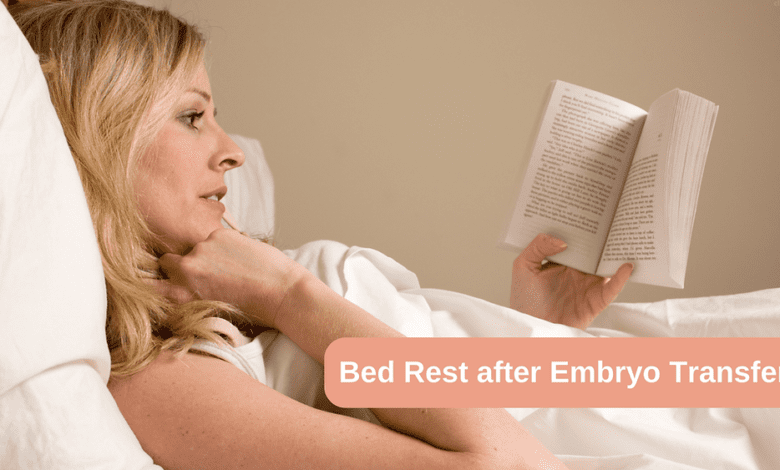To Bed Rest or Not To Bed Rest after IVF

The post-IVF bed rest protocol for surrogates has long been a topic of debate in the field of surrogacy. Patriot Conceptions, a leading surrogacy agency, recognizes the importance of this aspect and provides valuable insights on the subject. In this article, we explore the importance of bed rest after IVF for surrogates from a balanced perspective, including expert opinions from renowned fertility specialists.
The Controversy Over Bed Rest
Practicing bed rest following IVF was widely recommended in the past, under the assumption that it would improve the chances of successful embryo implantation. However, recent scientific studies have challenged this belief, leading to divided opinion among medical professionals. As a result, surrogacy agencies like Patriot Conceptions take a more nuanced approach to address the ongoing controversy.
Balancing Bed Rest with Individualized Care
Patriot Conceptions recognizes that there is no one-size-fits-all approach when it comes to bed rest after IVF for surrogates. We prioritize the overall well-being and comfort of surrogates while taking into account the latest research findings. Understanding that each surrogate’s circumstances are unique, the agency promotes individualized care plans that provide a balance between rest and activity.
Expert Views and Perspectives
To gain valuable insights on the topic, we contacted several fertility specialists and renowned experts in the field. Here are the key insights we gathered from our discussions:
-
Resting for hours after the procedure allows the embryo to settle into the uterus, potentially improving the chances of successful implantation.
-
The purpose of bed rest is to reduce physical stress on the body after the delicate process of embryo transfer. Keeping relatively still for the first time after transfer can help reduce the risk of any disruption or removal of the embryo.
-
There is a potential benefit of bed rest in improving blood flow to the uterus. It is explained that reduced physical activity during the first post-transfer period can help create an environment conducive to embryo implantation by improving blood circulation in the lining of the uterus.
-
Bed rest can provide psychological support to patients after the emotionally charged IVF process. It offers a period of reflection and emotional recovery while fostering a sense of care and support from the medical team.
The main point from them during the discussion was individual recommendations regarding the duration and extent of bed rest. This can vary based on several factors, including the patient’s medical history, any complications during the IVF process, and the doctor’s discretion. It is important to strike a balance between rest and light activity to avoid excessive inactivity and potential negative effects on blood flow.
The decision about bed rest after IVF for surrogates should be based on a comprehensive evaluation of individual factors, including medical history, embryo quality, and psychological well-being. Patriot Conceptions, recognizes the importance of tailored care plans that provide a balance between rest and activity. While bed rest immediately after embryo transfer can aid the implantation process, prolonged or strict bed rest protocols may not be necessary for all surrogates. Practicing moderate activity and maintaining open communication with medical professionals is important for monitoring the progress of the pregnancy and ensuring the surrogate’s well-being.
.
The goal is to create an environment that supports successful surrogacy while prioritizing the overall health and comfort of the surrogate. By combining the insights of fertility specialists, the latest research findings and individualized care plans, Patriot Conceptions strives to optimize the chances of a successful surrogacy journey.





